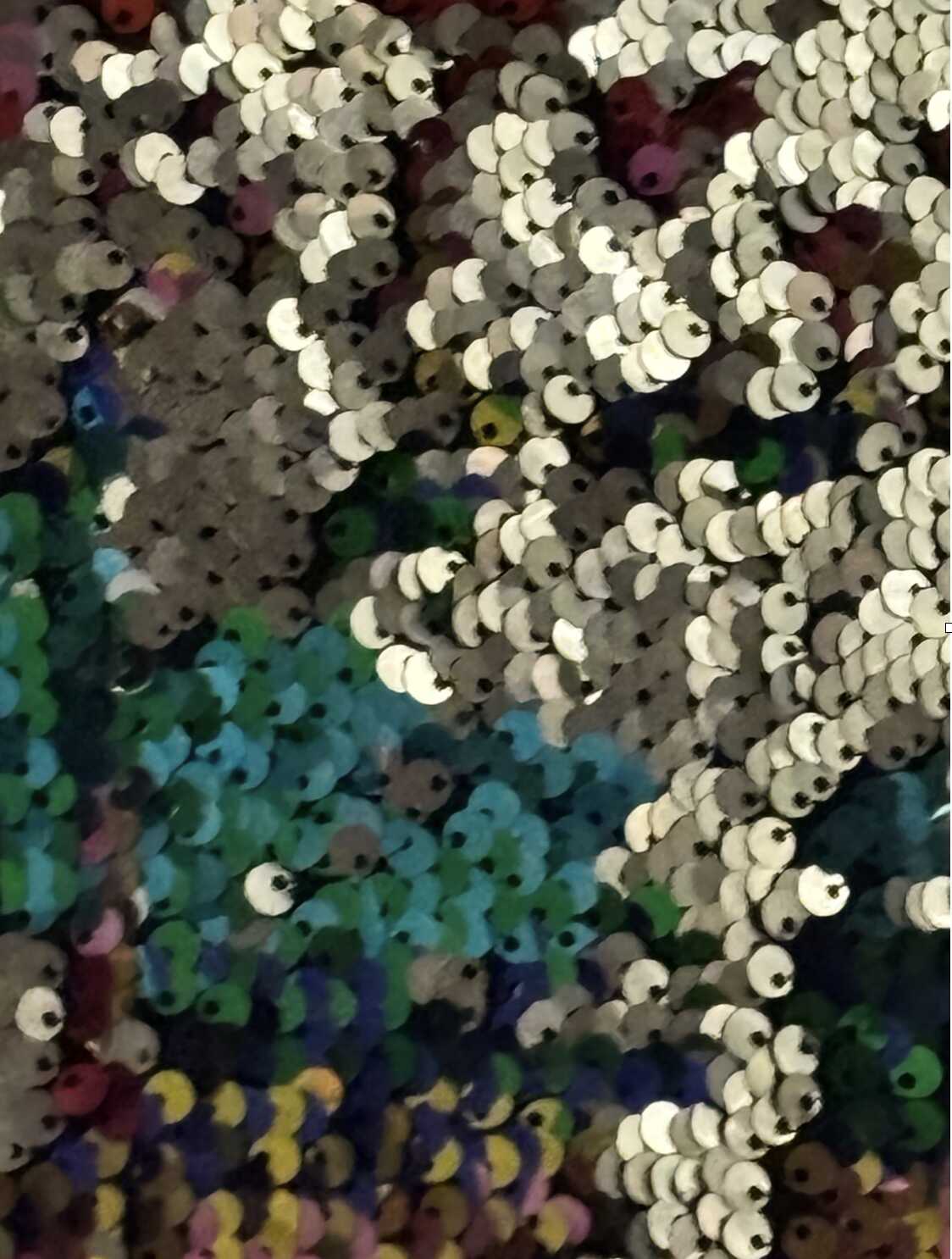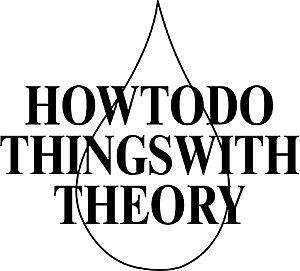2024-2025 Grant Watson's seminar: Queer Forms
The seminar is conceived and offered by Grant Watson
The seminar from Confluence to Confluence
Seminar participants second year: Anna Buyvid, Annette Rodriguez Fiorillo , Ariell Zéphyr, Bel McLaughlin, Mia Tamme
Seminar participants first year: Agnese Spolverini, Aimeé Phillips, Patrick Freriksen, Muyang Teng, Leo Hugendubel, Magdalena Beliavska,
Queer Forms
INTRODUCTION
This year’s seminar will look at queer experimental literature focusing on writers Kathy Acker, William Burroughs, Samuel R. Delany, Robert Glück and Isabel Waidner. It will examine the position of the reader, the form of the writing and the political stakes of the text. Experimental literature is a space that can describe, reflect on and elicit queer experience as discussed in the work of Eve Kosofsky Sedgewick, Tylor Bradway, José Esteban Muñoz, amongst others. Historically linked to deconstruction, queer theory has often been concerned with decoding texts and connecting them with a sexual politics. Seminal in this respect has been Eve Kosofsky Sedgewick’s “Paranoid Reading and Reparative Reading, or, You’re So Paranoid, You Probably Think This Essay Is About You” which was written during the AID crisis.
More recently Tyler Bradway has taken up the idea of ‘bad reading’ to explore a relationship to text beyond or alongside academic protocols, that includes a range of feelings and affects. His book Queer Experimental Literature, the Affective Politics of Bad Reading is a key reference for this seminar. Bradway shifts attention from the reader to the form the experimental writing takes. What affects do collage, quotation, narrative disjunction, repetition, or direct address produce? What incipient politics “unfurl” from the aesthetic object? What relations does this object make possible? These relations might exist in a future of the writer’s imagining. Naked Lunch for example escaped censorship because it was dismissed as a drug rant, and because the more substantive notion that a sexual community on the margins might have recourse to organise politically was dismissed as unthinkable in the 1950s. In this way and in others, Naked Lunch can be read as a work of science fiction.
Samuel R. Delany utopia (or pornotopia) stretches into a future where nothing happens. A hybrid between literature, pornography and science fiction, and told from the perspective of queer garbage men, Through the Valley of the Nest of Spiders questions our assumptions about class, race, sexuality and the politics of time. It incites our capacity to enjoy boredom, perversion, repetition, recipes, and to imagine what it means to live a good life, with reference to Spinoza’s Ethics.
Looking back, Kathy Acker grasps at a revolutionary past, via the prison uprisings of the late 1960s, the Spanish Anarchists, the Algerian Revolution, the Haitian Revolution and the Russian Nihilists, in order to radicalise the present. Acknowledging the artists and writers of revolutionary history, like the Russian Constructivists she foregrounds abstraction and collage in her texts which are used to political ends.
In About Ed Robert Glück moves backwards and forwards between different temporalities to narrate multiple levels of the experience of loss. Eventually he takes us into the dream diary of the artist Ed Aulerich–Sugai, where we travel through the fragmented, fantastical dream-world of his friend and lover who died of AIDS related illnesses in 1994.
Isabel Waidner’s Sterling Karat Gold is a different kind of experimental dream scape. It occupies a multiple timeframe, held together with sentences that conjure up their contemporary vision of London. The narrative moves (partly through time travel) between an immigration enforcement centre, a gay sauna, a bullfight in Camden Town, and a Kafkaesque criminal justice system, as well as along the intersections between creative fiction, queer, and trans theory.
Through close readings and speculative ones, this seminar will approach writers from different angles, lean into their sometimes difficult material, examine the forms they create, and discuss the political implications of their work. Morning sessions with a focus on reading will be followed in the afternoon by the chance for students to share writing in progress, receive peer feedback and develop their dissertations. In addition (in between reading and writing) there will be opportunity for movement and group making led by students.
Readings
Acker, K. (1981) New York City in 1979, London: Penguin Random House.
Acker, K. (1997) Bodies of Work, London: Serpents Tail.
Acker, K. (2001) The Bombing and Burning of America, New York: Grove Atlantic.
Barthes, R. (1977) Image Music Text, London: Fontana Press.
Bradway, T. (2017) Queer Experimental Literature, New York: Palgrave Macmillan.
Bersani, L. (1995) Homos, Cambridge MA: Harvard University Press.
Borowska, E. (2019) The Politics of Kathy Acker Revolution and the Avant-Garde, Edinburgh: Edinburgh University Press.
Burroughs, W.S. (2015) Naked Lunch, London: Penguin Classics.
Burroughs, W.S. (1986) Queer, London: Penguin Books.
Delany, S.R. (2012) Through The Valley of the Nest of Spiders, New York: Magnus Books.
Delany, S.R. (1999) Times Square Red Times Square Blue, New York: New York University Press.
Foucault, M. (1996) Foucault Live, New York: Semiotext(e)
Glück, R. (2023) About Ed, New York: New York Review of Books.
Glück, R. (2016) Communal Nude Collected Essays, South Pasadena: Semiotext(e)
Muñoz, J.E. (2009) Cruising Utopia: The Then and There of Queer Futurity, New York: New York University Press.
Sedgwick, E.K. (ed) (1997) Novel Gazing Queer Readings in Fiction, Durham: Duke University Press.
Sedgwick, E.K. (2003) Touching Feeling, Affect, Pedagogy, Performativity, Durham: Duke University Press.
Waidner, I. (2021) Sterling Karat Gold, London: Peninsula Press.


